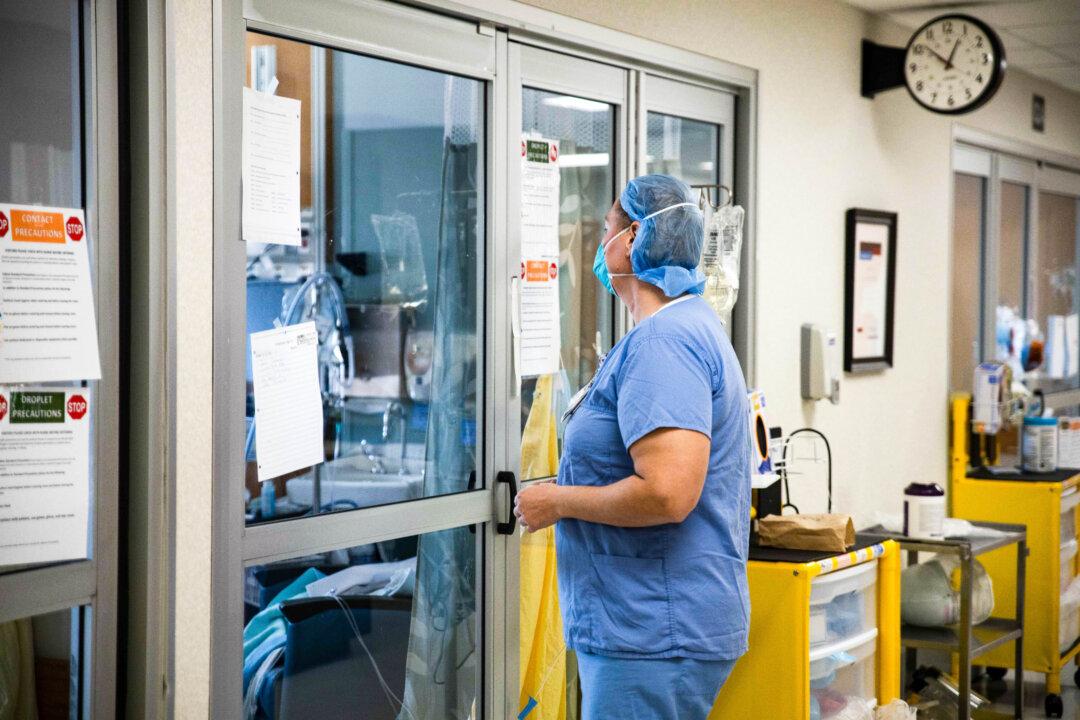When South Carolina resident Erin Dance was admitted into the radiologic technology program at Greenville Technical College in 2023, she knew from day one that a career in health care was going to be unendingly demanding and fraught with challenges, requiring a certain mixture of mental toughness and aptitude that relatively few of her fellow hopefuls would be able to handle.
But she also knew that if she lasted, she would practically be guaranteed a job long before she graduated, and potentially spend the next 40 or more years in an eternal profession.




